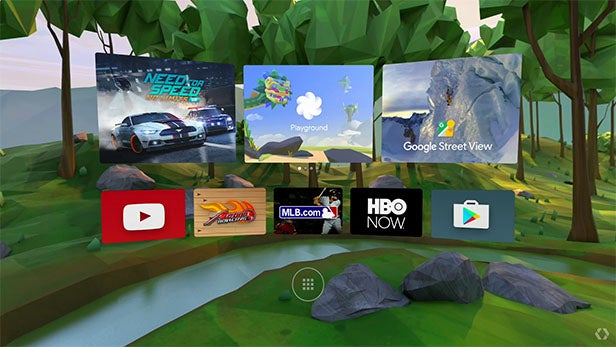Here’s how Google plans to stop trolling in VR

While VR is yet to become the worldwide phenomenon it surely can be, a virtual revolution can’t be far off, and Google is working to ensure the experience is as troll-free as possible.
The company unveiled its Daydream VR project at this year’s I/O developer conference, revealing a new software platform alongside specs for a VR headset, and guidance notes for third-party manufacturers to create ‘Daydream ready’ handsets.
And while it has since emerged that Google is working on its own version of a Daydream VR headset, it seems that’s not all the firm has been up to.
A new post on the Google Developers blog details how Daydream Labs has been testing ways to prevent trolling in virtual reality environments.
Related: What is VR?
Posted by Robbie Tilton, UX Designer at Google VR, the post states: “As developers and designers, we are excited to build social experiences that are fun and easy to use—but it’s just as important to make it safe and comfortable for all involved.”
So, what exactly is Google doing to ensure the virtual world is adequately protected against trolling? Firstly, Tilton explains how a virtual shopping experience built by the company resulted in users attempting to block other user’s vision by placing hats over their line of sight. Pretty amusing stuff, but Google’s having none of it.
Tilton writes: “Everyone should feel safe and comfortable in VR. If we can anticipate the actions of others, then we may be able to discourage negative social behavior before it starts.”
Related: Best VR headset
The team, eager to live up to this philosophy of a ‘safe and comfortable’ VR, built a virtual poker game where, if players left their seat at the table, their environment turned black and white and their avatar would disappear from the other player’s view.
What’s more, a glowing blue personal space bubble would appear around the seat itself, to encourage the player to return to the table.
Still, the company is intent upon promoting positivity, with Tilton explaining how ‘people loved’ a fireworks animation which appears when two players high-five, but that punching someone yielded no virtual reaction of any sort.
WATCH: Trusted Explains – What is VR?
Let us know what you think of Daydream Labs’ efforts in the comments.

